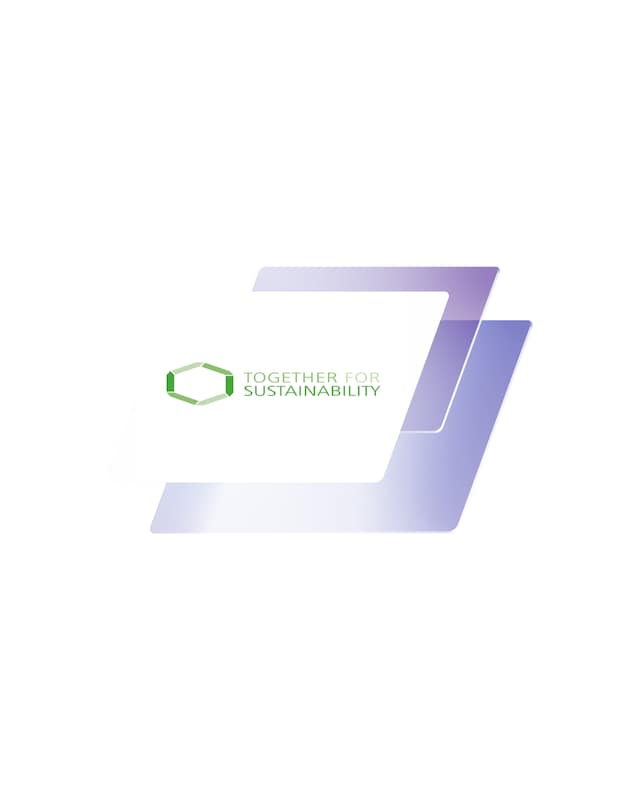
For suppliers
We expect suppliers to share our commitment to sustainability, provide a safe work environment and treat their employees fairly. Meeting these conditions is a prerequisite for embarking on a business relationship with us.
At AkzoNobel, we are focused on ensuring that the pioneering paints and coatings we supply continue to protect what matters most – both now and in the future. We innovate with and for customers and play a progressive and collaborative role in energizing entire industries to advance towards a more sustainable future.
We’re focused on realizing our science-based target of halving our carbon emissions by 2030. It is one of several ambitions we have, which are built on three main pillars – producing durable solutions in a more sustainable manner; helping our customers become more sustainable; empowering communities and our employees.
We believe in working together to find inventive ways to make a positive contribution to an ever-changing world. This is not a “nice to have” – it is vital, if we are to realize our ambitions and respecting internationally recognized human rights throughout our value chain.
As a member of Together for Sustainability (TFS) we have been proactively managing the sustainability performance and risk management of our suppliers since 2014.
The TfS initiative provides infrastructure for one-line assessments carried out by EcoVadis – the partner of TfS and AkzoNobel – and on-site audits.
Both programs are based on international standards and cover key sustainability areas like Environment, Labor and Human Rights, Health and Safety, Ethics and Responsible Supply Chains
The results of audits and assessments are shared across all TfS members, which helps our suppliers to limit the amount of assessment/audit.
In scope are suppliers operating in risk regions or industries.
We use our SCS to collect information on our suppliers decarbonization plans and Product Carbon Footprint (PCF) in line the TfS PCF Guideline. This is to ensure that suppliers with a high impact on our carbon emission support us on our SBTi target of reducing carbon emission by 50% by 2030 (2018 baseline).
*Across the value chain (Baseline 2018)
**Suppliers with a global spend of more than €250,000 that work in a risk category or country, or have a global spend of more than €1 million (irrespective of their risk rating) are in scope for Together for Sustainability (TfS) assessment and audits
***Transparency of identified high-risk materials regarding their potential impact on human rights








